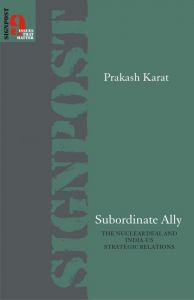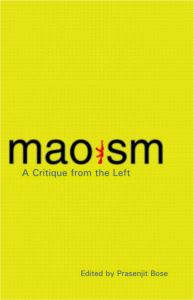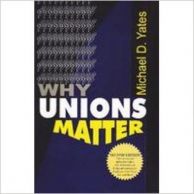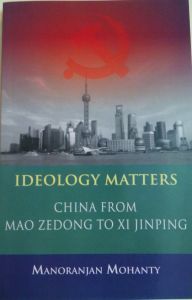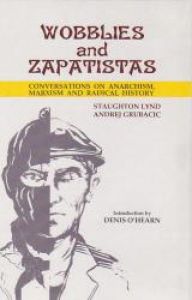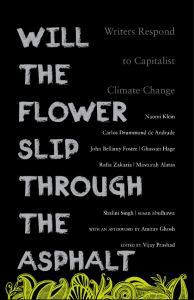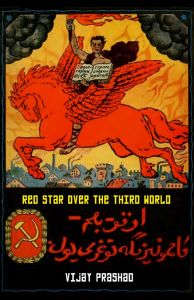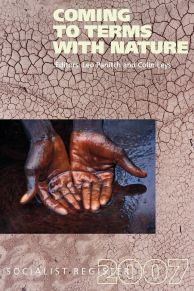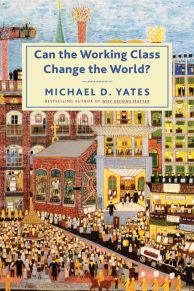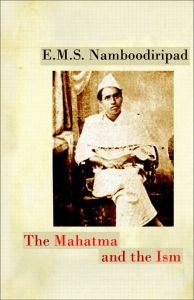The New Militants
Murzban Jal is Professor at the Center for Educational Studies, Indian Institute of Education, Pune. Author of the Seductions of Karl Marx and Zoroastrianism - From Antiquity to the Modern Period, Jal advocates a Marxist Humanism where philosophy, science and aesthetics meet. And it is in this triad of philosophy, science and aesthetics that Jal talks of Marxism as a dramaturgy where Marx and Engels' the Manifesto of the Communist Party is redrafted for the 21st century alongside Shakespeare's Hamlet and Goethe's Faust. This work The New Militants presents the parliamentary leftist as Hamlet who gripped with melancholia is too scared to revolt and the Indian Maoist inspired by messianic violence depicted as Faust who sells his soul to the devil for immortality. In contrast to both Hamlet and Faust, Jal talks of the Leninist party as the expression of the world proletariat where Marxist dramaturgy is realized as the aesthetics of insurrection.


